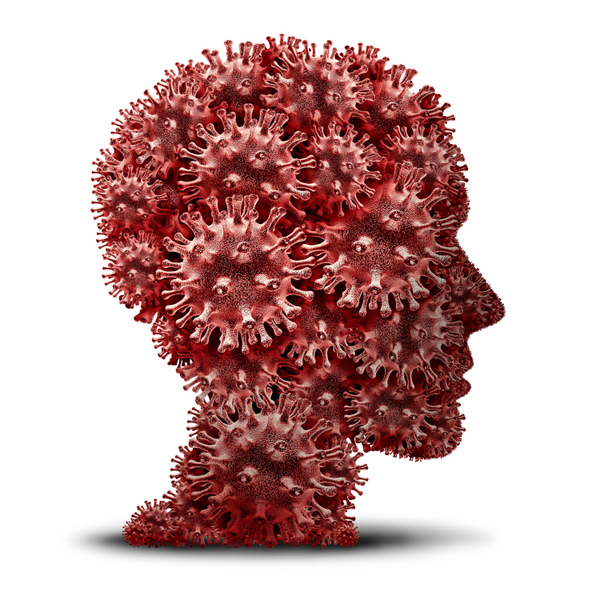
As we currently pass the first anniversary of the Covid 19 and then learn, there could be two more mutations possible, making it even more contagious even though the previous 12 months have been arduous for most of us.
Who hasn’t felt anxious during this period?
Who hasn’t needed to retreat from the World in a blink of an eye? Lockdown restrictions required you to remain housebound during COVID-19 in an attempt to make you and others all feel safer — and in lots of locations.
You now start to feel much less secure in public areas; continually, seeking reassurance.
This uneasiness could be attributed to a dysfunction, often called agoraphobia?
If you’re questioning whether this worry is normal, you may need to seek help from a professional if it influences your daily life.
What is agoraphobia?
People with agoraphobia progress into anxiety when they feel helpless, uncontrolled, trapped or judged.
Someone who has agoraphobia may keep away from areas where they may feel confined (similar to a workplace assembly)
or placed on the spot and evaluated — maybe during a chat at a party. Still, it would help if you didn’t disregard social anxiety either.
Agoraphobics might also keep away from situations or locations that feel uncontrolled.
For example, if they cannot manage the schedule and timing of an open, public venue. As an outcome, individuals who have agoraphobia are typically concerned about leaving their homes.
In the U.S., about 2% of adults and youths have agoraphobia, in line with the Diagnostic and Statistical Manual of Mental Disorders, Fifth Edition.
Roughly a third to a half of these individuals have had a panic attack before diagnosis.
What are the signs of agoraphobia?
Usually, the primary trigger for a panic attack is when individuals are outside of their home or comfort zone and feel vulnerable.
An anxiety attack is an intense bout of anxiety with physical signs of a racing heart, shortness of breath, chest pain, sweating, and dizziness.
This could be confused with a heart attack. Worrying about having another panic attack away from home could also make their agoraphobia symptoms even worse.
Pandemic and anxiety disorders
Agoraphobia is an anxiety dysfunction that makes somebody worried unintentionally and keeps them away from situations that may cause them to perceive as threatening. However, their concern is usually out of proportion to its actual risk of danger. Fearing public areas as COVID-19 continues to unfold, could be considered a normal response or even indicative of coronaphobia, being an excessive response or fear of contracting the virus causing COVID-19, on this occasion.
In February (2021), a clinical study on mental health’s impact within the Covid 19 pandemic found that their psychiatric status was systematically higher within all anxiety disorders than individuals without any mental health disturbances or a pre-existing illness.
Learn more...........
Mental Health Training
More information in https://mentalhealthtraining.info/